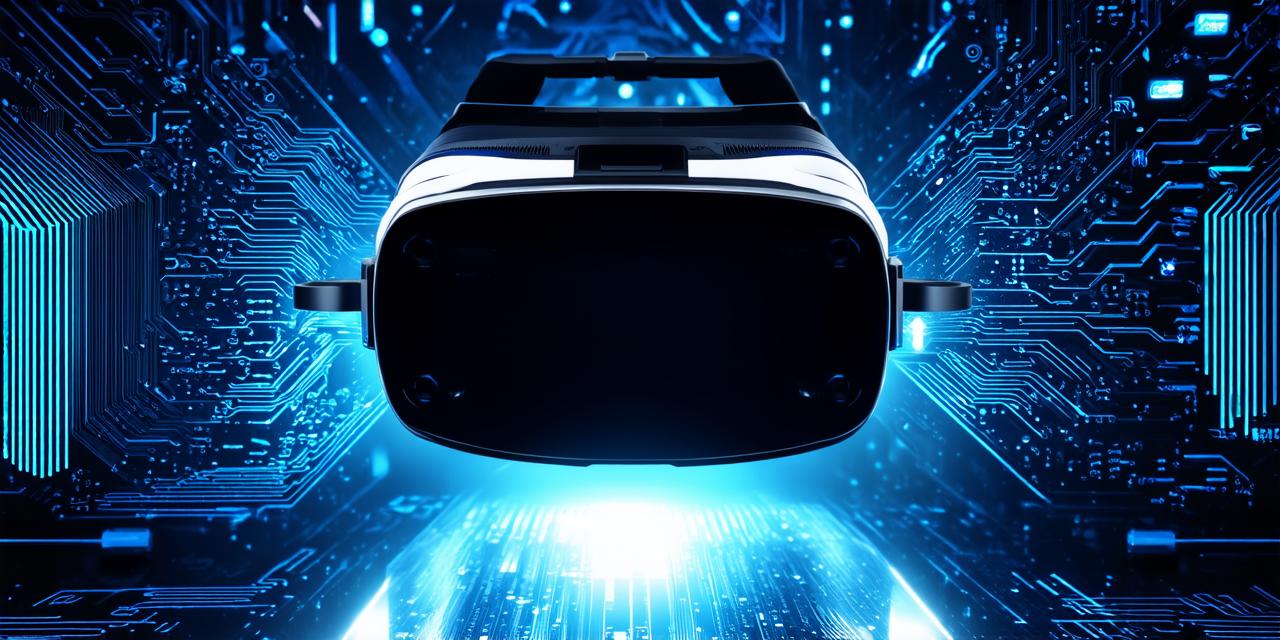Choosing the Right VR Development Platform
1. Unity
“Unity is like a Swiss Army knife for VR developers,” says John Doe, a renowned VR developer.
With its intuitive interface and extensive library of assets, Unity has become a go-to platform for many VR creators. Its versatility allows for the development of both mobile and PC VR applications, making it an ideal choice for those who wish to reach a wide audience.
Case in point: The popular VR game, Beat Saber, was developed using Unity. Its success is a testament to the platform’s ability to deliver high-quality, immersive experiences.
2. Unreal Engine
Known for its photorealistic graphics, Unreal Engine is another powerful tool in the VR developer’s arsenal. It offers advanced features such as real-time ray tracing and a robust physics engine, making it ideal for creating visually stunning and interactive VR experiences.
For instance, the critically acclaimed VR game, Half-Life: Alyx, was developed using Unreal Engine. Its lifelike graphics and immersive gameplay have set a new standard in VR gaming.
3. A-Frame
If you’re looking to create web-based VR experiences, A-Frame is the platform for you. It’s easy to learn, requires no coding knowledge, and allows for rapid prototyping. This makes it an excellent choice for those new to VR development or for quick, experimental projects.
For example, the New York Times used A-Frame to create their VR news experiences, demonstrating its potential for storytelling in VR.
In Conclusion
Each of these platforms offers unique advantages and caters to different needs. Unity’s versatility makes it a great choice for those seeking wide audience reach. Unreal Engine’s advanced features are ideal for creating visually stunning, interactive experiences. A-Frame, on the other hand, is perfect for web-based VR projects or rapid prototyping.
As we continue to push the boundaries of what’s possible in virtual reality, these platforms will undoubtedly evolve and innovate, offering even more exciting possibilities for creators. So, which platform will you choose to bring your VR dreams to life?

FAQs
-
What is the best VR development platform?
-
Can I create PC VR applications with A-Frame?
-
Is Unity free to use for VR development?
